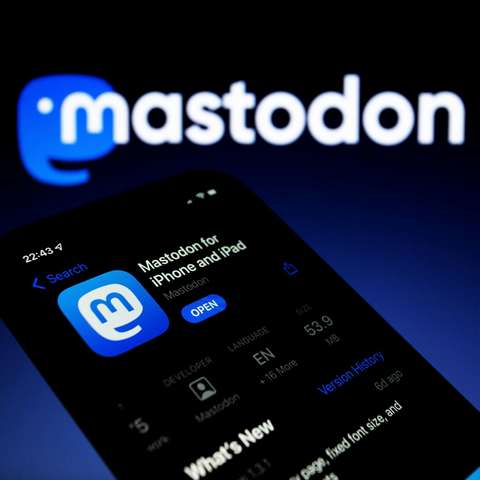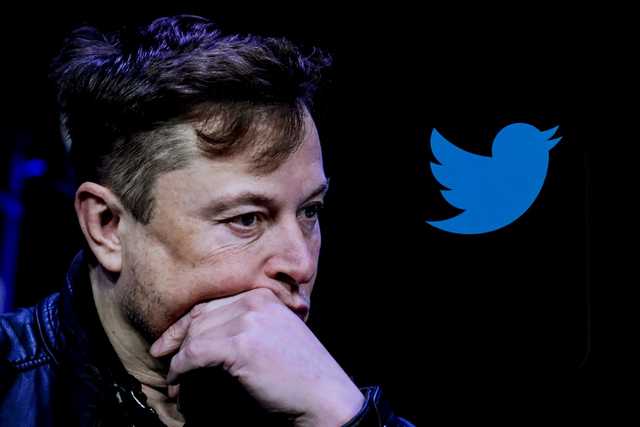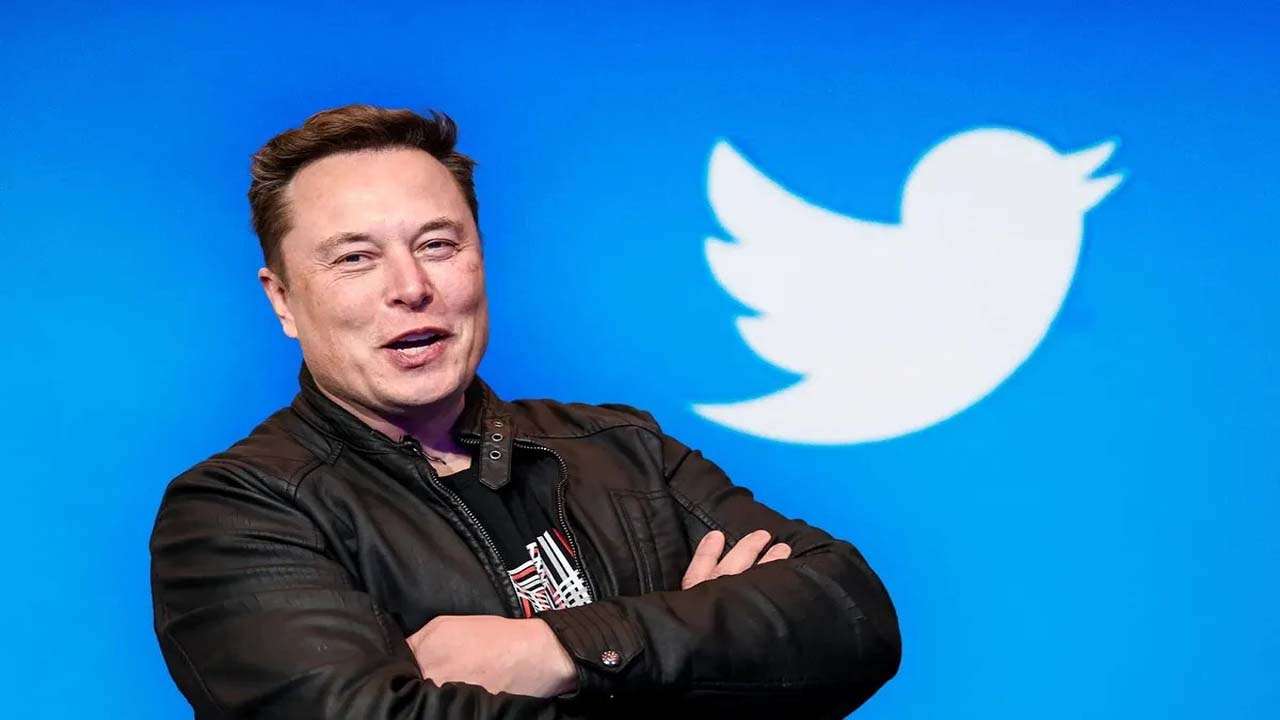
With Elon Musk taking over Twitter, there are uncertainties regarding the future of the world’s most popular micro blogging platform. The search for an alternative social media platform has begun, and many Twitter users have found a synonym for Twitter known as Mastodon.
Although not new, Mastodon seems to be gaining momentum, as it now has over 655,000 active users. Over 230,000 users joined the platform within the last week, causing many to believe that it could be an alternative to Twitter should the changes by Elon Musk become too numerous. Many have described Mastodon as the greatest beneficiary of Musk’s takeover of Twitter.
Although Mastodon functions like Twitter, it operates differently. Its posts are known as “toots,” and like Twitter, users can like, comment, repost, and follow each other.
A social media with different servers
One of the differences between Twitter and Mastodon is the different servers. When a new user signs in, he starts by choosing a server. The servers can help users meet people of like mind and find posts that would be interesting to them. The servers are so many. They are either named after countries, cities, interests and others. It really does not matter if you select a particular server because choosing a server will not limit your access to those that chose other servers. Users can follow others across the board.
Mastodon said the reason for this feature is to put decision-making back in the hands of the users.
“Each server creates their own rules and regulations, which are enforced locally and not top-down like corporate social media, making it the most flexible in responding to the needs of different groups of people,” the company said on its website.
The man behind the innovation
Mastodon was created in 2016 by Eugen Rochko, a German developer. He was born in 1993 into a Jewish family of Russian origin. He said his goal was to make a democratic social media platform. When asked about what motivated him to begin the process, he told TIME: “I was thinking that being able to express myself online to my friends through short messages was very important to me, important also to the world and that maybe it should not be in the hands of a single corporation.”
“It was generally related to a feeling of distrust of the top-down control that Twitter exercised,” Rochko added.
The social media platform was named after Mastodon Mascot, an animal that resembles a mammoth. Rochko said he chose the name because he was not good at naming things.
The democratic process of fighting hate speech
Rochko has described the social media’s method of fighting fake news and hate speech as a “democratic process.” The decentralized system has almost everything automated, and the servers could detect what needs to be deleted from the platform.
Rochko said, “when they [the servers] find out that there’s a new hate speech server, they may decide that they don’t want to receive any messages from the server and block it on their end.”
“I guess you could call it the democratic process,” he added. “Mastodon provides the facilities necessary to deal with unwanted content, both on the user end and on the operator end.”
Decentralization, the new path for the social media
Recently, the world has begun evolving from an era of centralization to decentralization. Central Banks’ involvement in international transactions has been limited lately because of the emergence of bitcoin and other cryptocurrencies. Social media is next on the list of technologies advancing into the phase of decentralization.
The innovation now threatens traditional social media platforms like Facebook, Twitter, Instagram, and others. Unlike Facebook, which is owned by Mark Zuckerberg and Twitter, now owned by Elon Musk, Mastodon does not have a single owner, even though it was designed and initiated by Eugen Rochko. The different servers linked together to form a collective network are owned and managed by various people and organizations. That makes it impossible to sell and buy the platform like it is with Twitter and Instagram.
There is a growing demand for decentralized social media platforms because of how they are operated based on the opinion of one individual or a company.
After selling Twitter, Jack Dorsey, the former CEO of Twitter, has begun working on a new network called BlueSky. According to him, it is another decentralized platform.
With the complexities coming with traditional social media, the future of Twitter, Facebook, and other platforms might be at risk should Mastodon, BlueSky, and other decentralized platforms take over the space.





0 Comments